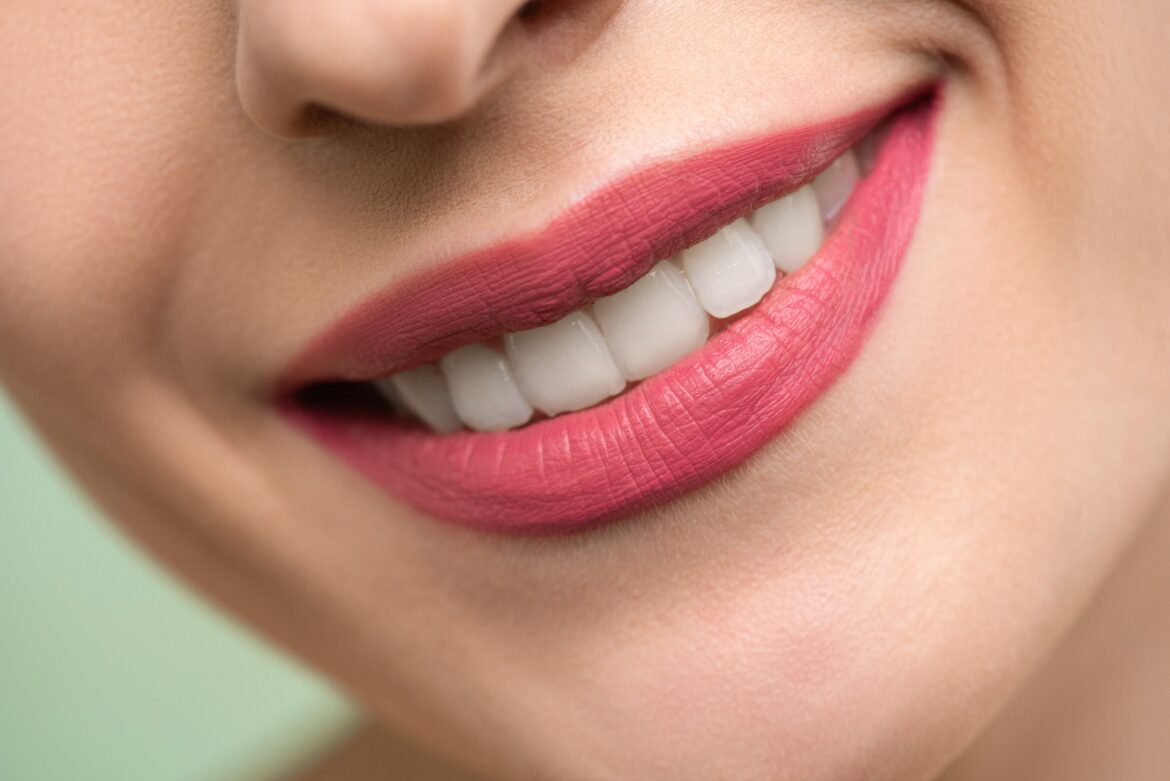Do you want to have white and pearly teeth but don’t want to spend money on expensive teeth-whitening products? Are you not happy with your current teeth condition? Maybe you don’t trust chemical cosmetics and are seeking more natural alternatives for your mouth hygiene. You may think that bicarbonate of soda could be the solution you are looking for. But how effective and healthy is baking soda for your mouth and teeth? Dentist Harrisburg NC helped us gather information to guide you through dental hygiene and how the bicarbonate of soda affects it.
Does baking soda actually help with your teeth whitening?
The short answer to this question is – yes, it does help, But not to a great extent, and it comes with a few potential drawbacks that can affect your decision to use baking soda as a teeth whitener.
Potential problems
The potential problems come because baking soda can cause excessive abrasion, leading to tooth wear. If the tooth abrasion caused by baking soda continues for an extended period, it can lead to severe problems with the outer layers of your teeth. When that happens, it can cause long-term sensitivity in your teeth and gums, provoking immense pain and the need for medical treatment.
That problem is often caused if you only use bicarbonate of soda for whitening your teeth rather than regular toothpaste. Regular toothpaste provides fluoride, which is essential for additional protection of your teeth and gums.
Another crucial fact to mention is that baking soda won’t directly affect the color of your teeth. It will effectively remove food and drink stains, which helps in the process of teeth whitening, but it won’t improve it alone. It’s best to use it in combination with more conventional oral hygiene products to achieve the desired results.
Combining bicarbonate of soda with other natural ingredients
- With lemon juice
This is a common combination used to whiten teeth, but it’s also one of the most dangerous for your mouth’s health. Lemon juice has very high acidic levels, with its pH levels going between 2 and 3, making it ten thousand times more acidic than water. When in contact with the natural acid from the bacteria found in the mouth, this mixture can cause serious dental decay problems.
- Hydrogen peroxide
One of the most damaging things you can do to your dental cavity is to combine the bicarbonate of soda with hydrogen peroxide. Hydrogen peroxide can significantly damage the soft tissue around your tooth if used uncontrolled. Hydrogen peroxide can seriously burn your soft tissue. It should only be used in a professional environment, where it is precisely measured to be sure you use the smallest amount necessary.
How do I safely whiten my teeth?
The most important thing for the start of the teeth whitening process is to make sure you have good oral health and that you are having a good diet. Brushing your teeth twice a day with fluoride-containing toothpaste and then cleaning your teeth in between with a floss or interdental brush will help minimize the plaque. The plaque is often the reason for the darker look of your teeth because it picks up food and drink stains and gives an overall impression of dark teeth. Removing a plaque will give your teeth a more natural, whiter look, which can be an excellent start for the whitening process if you are still unsatisfied with the outcome. Consider teeth whitening only after you get your oral health in order.
Final thoughts
If you are looking for a permanent solution for your teeth appearance, it’s best to count on more conventional dental hygiene products and not baking soda. While it has some benefits, it has more potential risks than advantages. You should always look out for your oral hygiene and ensure a regular checkup at your dentist. If you follow the dental health rules accordingly but still are not satisfied with the look of your teeth, you should contact your dentist and consider undergoing a teeth whitening procedure.




Comments are closed.